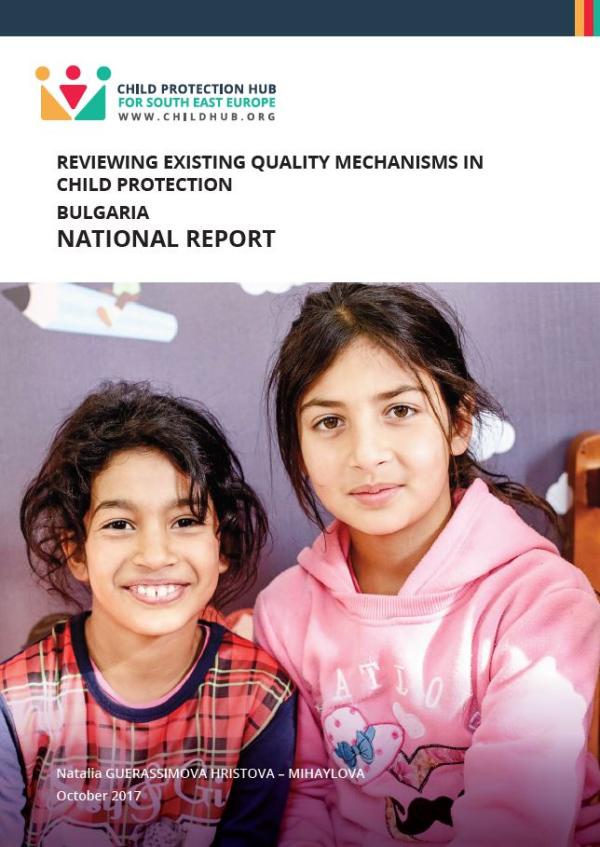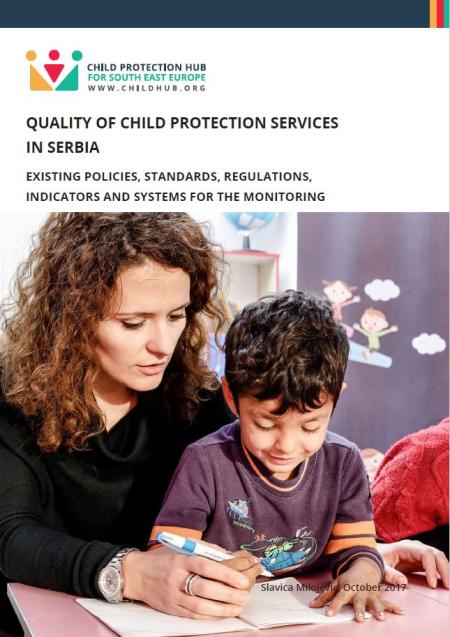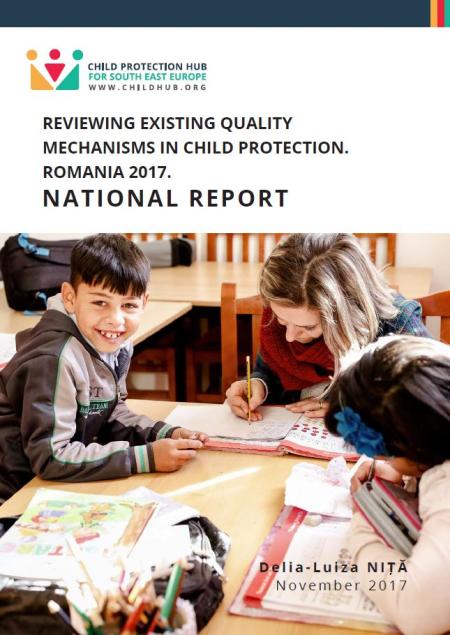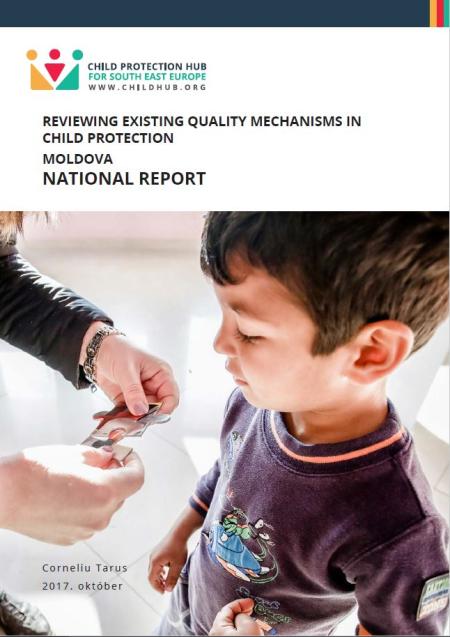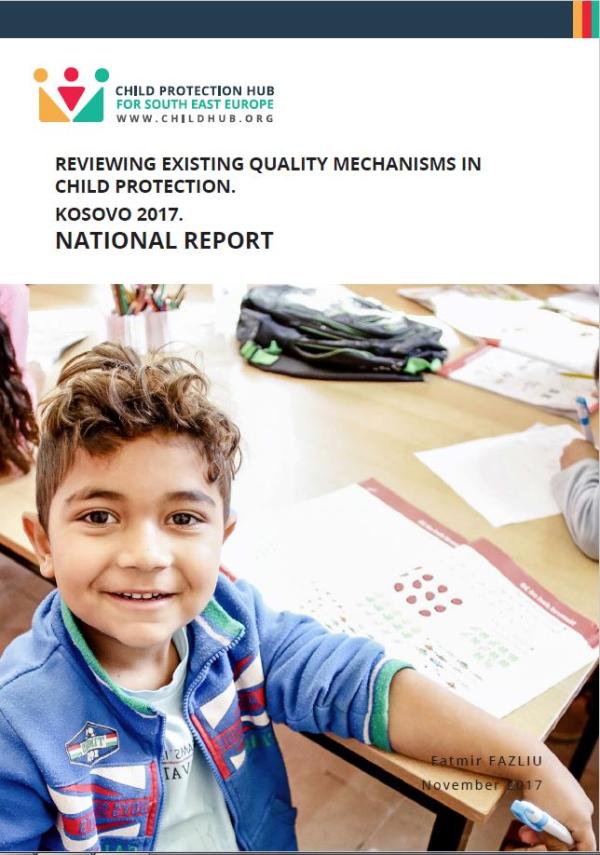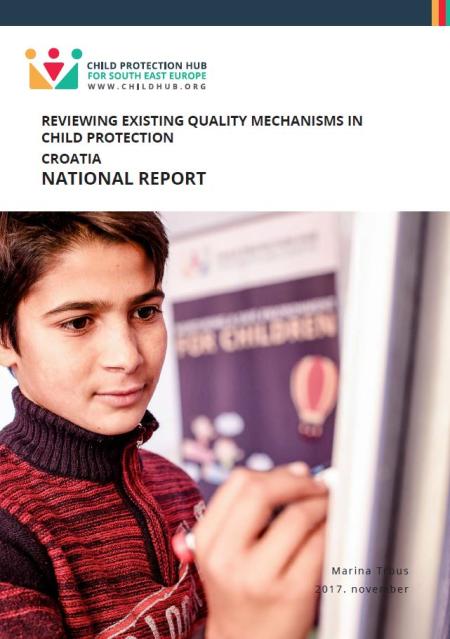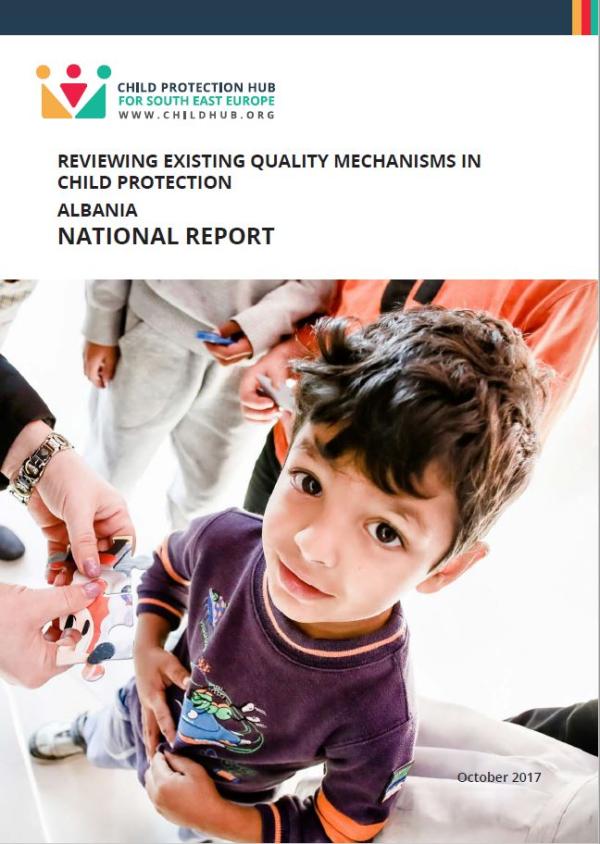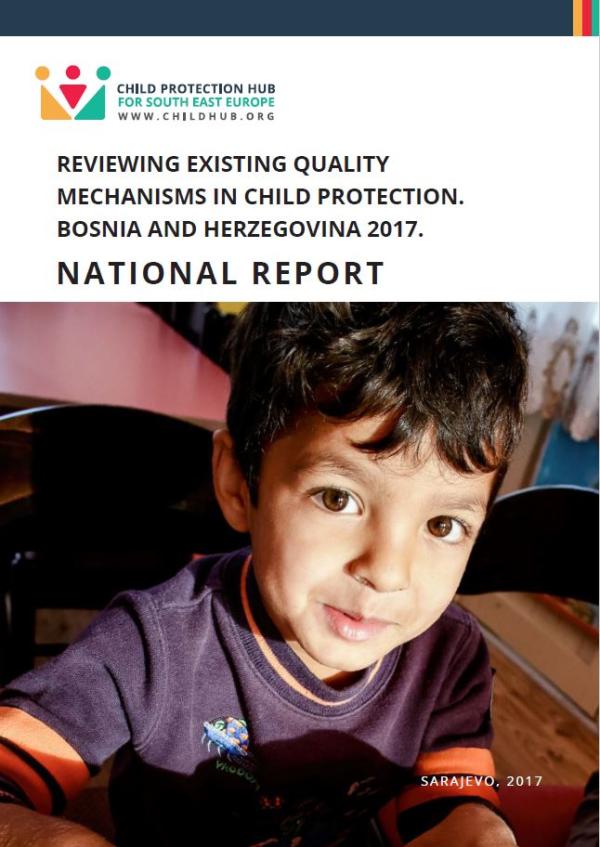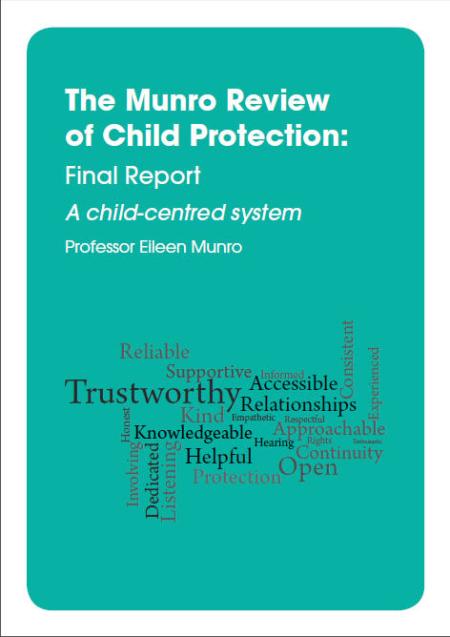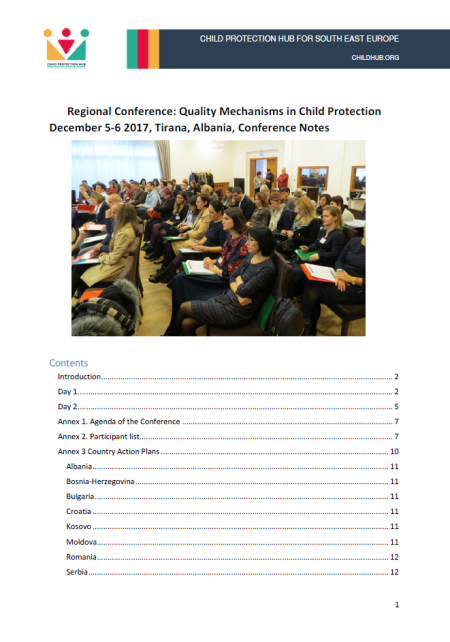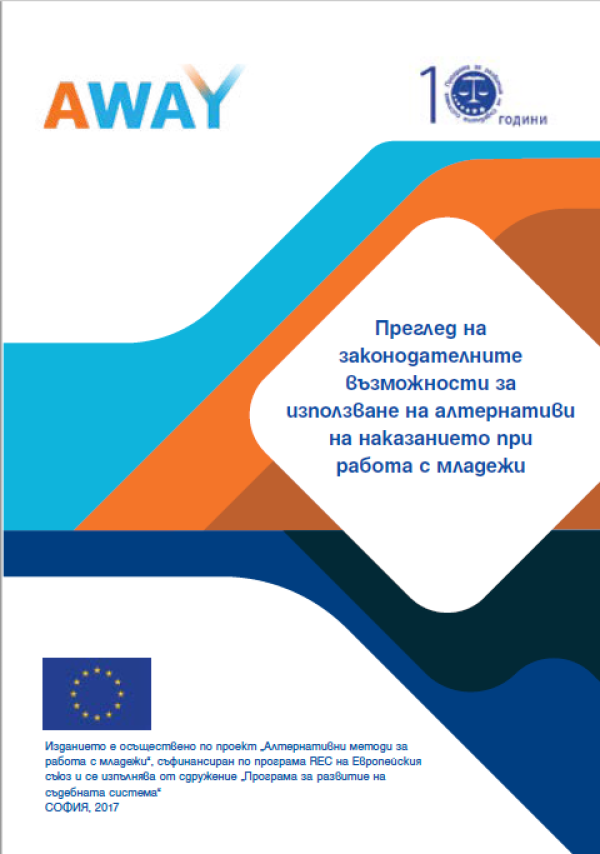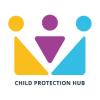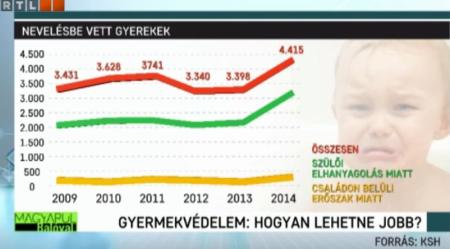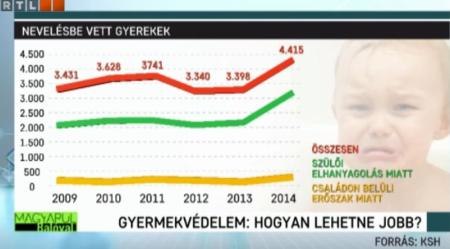
Executive Summary:
The National Report describes existing standards, regulations, indicators and systems for monitoring the quality of child protection services in Bulgaria. It reviews the mechanisms and procedures applied by national authorities to ensure the quality of child protection services and to determine potential promising practices in this regard.
The review is based on a research approach which includes a combination of primary and secondary data sources, utilising the advantages of desk research and a qualitative approach. The mixed research methodology permits the vertical and horizontal diversity of the social/child protection systems to be covered through this research, including policies, standards, regulations, indicators and systems for monitoring the quality of child protection services in Bulgaria. The report explores 18 main sources of information and 8 semi-structured interviews. The report also explores the main tools for data collection and analytical reports at the national level.
National legislation
The available standards are oriented mainly towards the requirements the service providers must meet and not towards standardising quality of the provided services, which would lead to improvement of the users’ lives. The existing regulatory framework does not reflect basic principles regarding quality of services, such as good management, partnership, respecting the rights of the clients, systematic and holistic approach in the process of evaluation and planning, active participation of the users, or emphasis on changing quality of life in through results for children and families.
The existing standards are developed too generally and do not reflect the overall quality of the services, e.g. organisational aspects, quality of the process of service provision and mostly benefits/changes/results for the children and families from the service provision.
Data collection and analysis are mainly conducted through monitoring; the data collected follows the process of service provision, but the data is not used as a basis for real assessment of service quality or assessed in terms of change in the user’s life. The legislation relatively clearly regulates the power of the controlling authorities: the Agency for Social Assistance and the State Agency for Child Protection. It is unclear, however, how the two institutions interact and in which cases such interaction is necessary.
Relevance
The national system of criteria and standards for social services is not directly responsive to the system’s needs, which are supposed to be focused on quality development of social services. Because the system does not focus on results, the standards’ relevance to client needs is questionable. There is no systematic monitoring of service quality in place that encompasses indicators such as client quality of life or levels of social inclusion of children at risk.
Effectiveness
The existing standards, criteria and mechanisms for data collection and analysis are effective in assessing requirements of the service providers, but they are less effective in evaluating the process of service delivery, benefits, and outcomes. There is a lack of coherence in data collection, and the data is of limited scope (the data does not effectively include the municipalities) and it is missing a unified national system of indicators related to the quality standards of social services.
Efficiency
The social protection system remains dependent on the national budget. The existing mechanism for data collection and analysis is not efficient; there is a discrepancy between the amount of invested resources and actual impact on service quality. In other words, there is a doubling of resources (two agencies, two teams of professionals, and two budgets) engaged in data collection and monitoring of service provision. At the same time, this monitoring is rather descriptive and doesn’t improve quality.
Impact
The data collection mechanism, which is based on quantitative data, reflects mainly the number and type of services, number of clients, clients’ socio-economic status, etc., rather than the service quality and actual changes in the life of clients. In that sense, the impact that such a mechanism captures is restricted to only capturing quantitative changes, rather than qualitative changes.
Sustainability
The institutional system is relatively stable in terms of its capacity to collect quantitative data and analyse it, but it fails to use this data at the level of quality measurement.
Recommendations
The existing Ordinances that establish criteria and standards for social services for children have to be updated and should address the main quality principles related to the contextual aspects, process of service delivery, and benefits/outcomes for clients. An integral part of such standards should be a quality assurance framework that will permit monitoring and assessment of service quality. The regulation should clearly indicate one institutional body that will be responsible for data collection, monitoring, analysis and evaluation. The quality standards have to be bound to the vision, goals and priorities of the child protection policy.
Data used to monitor quality can be gathered through automated information systems, or through other reporting mechanisms in place within the one agency or institution. In that sense, the capacity of this institution should be developed purposefully through training and continuous support. An integral part of the data collection mechanism should be case reviews and case records.
An important part of the system should be the feedback mechanism, because client involvement is critical for qualitative data collection. The system should include relevant methodology for gathering data on the perspectives of children and their families, service providers, and the community. The data should be analysed periodically in order to identify the child protection system’s strengths and weaknesses. The quality assurance reports that pull together information from data, case reviews, client’s feedback and stakeholder input should serve the system update in order to prevent, detect and correct problems in the quality of services provided.
To download national reports on existing quality mechanisms in other countries of the regions, please click below:
Albania
Bosnia and Herzegovina
Croatia
Kosovo
Moldova
Romania
Serbia


